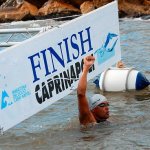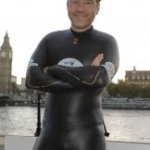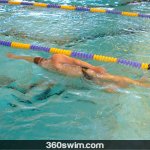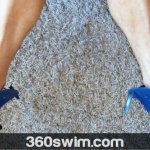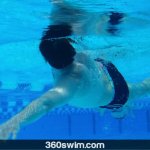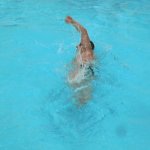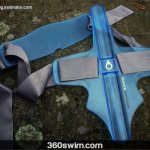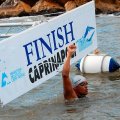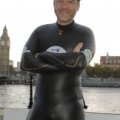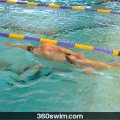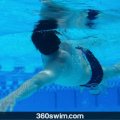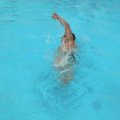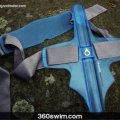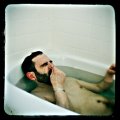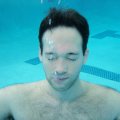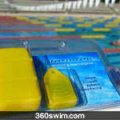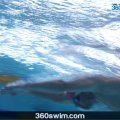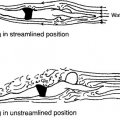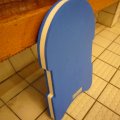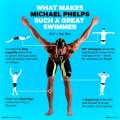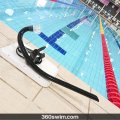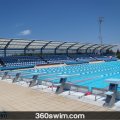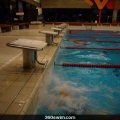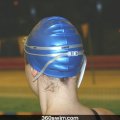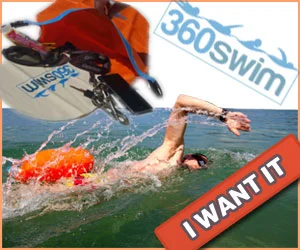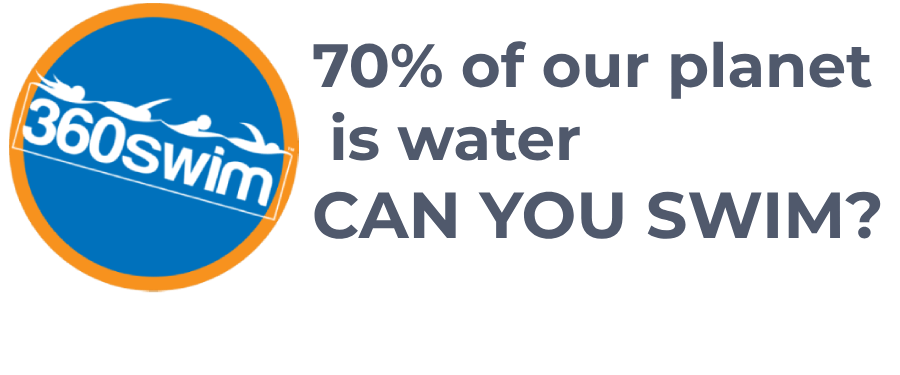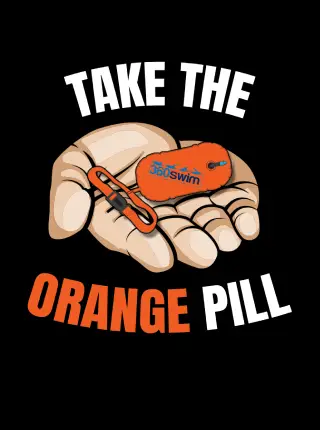THE TRIATHLETE'S PARADOX: WHY TRAINING HARDER MAKES YOU SLOWER
Triathletes are some of the most self-motivated athletes in the world. To achieve a competitive level in three different sports requires incredible discipline and time management skills.
But this drive often creates a major problem in the pool.
Running and cycling are sports where effort usually equals reward. If you run for 6 hours a week for 3 months, you will get faster. But if you apply this same "work harder" mentality to swimming, you are setting yourself up for failure.
This article explains why you need to change your mindset, stop fighting the water, and start training like a swimmer, not a runner.
Dive Into: A Smarter Approach for Triathletes
- The Trap: Why "Working Harder" Doesn't Work
- The Solution: Break It Down with Drills
- The Mental Hurdle: Feeling Like You're "Wasting Time"
- The Ego Problem: Stop Racing Your Neighbor
- Frequently Asked Questions
The Trap: Why "Working Harder" Doesn't Work
Running and cycling are dryland activities. We are accustomed to moving through air. Swimming is unique because you have to move through water, which creates massive resistance.
If you enter your swimming workouts thinking, "I will swim as hard and as much as I can and I'll improve," you are wrong.
"Swim smarter, not harder" is a cliché, but it is the absolute truth. You cannot simply turn your brain off and hope for the best. Swimming requires a scientific approach where efficiency is king. If you have poor technique, working harder just makes you a more exhausted, slow swimmer.
The Solution: Break It Down with Drills
The swimming stroke is complex. To master it, it must be broken down into small, manageable pieces, just like a baby learning to walk. In swimming lingo, we call these drills.
Each drill focuses on a specific aspect of the stroke:
- Side Balance Drills: Practice correct body line and core strength by kicking on your side.
- One-Arm Drills: Isolate the underwater catch by swimming with only one arm.
The best coaches incorporate these into every practice. So why shouldn't you?
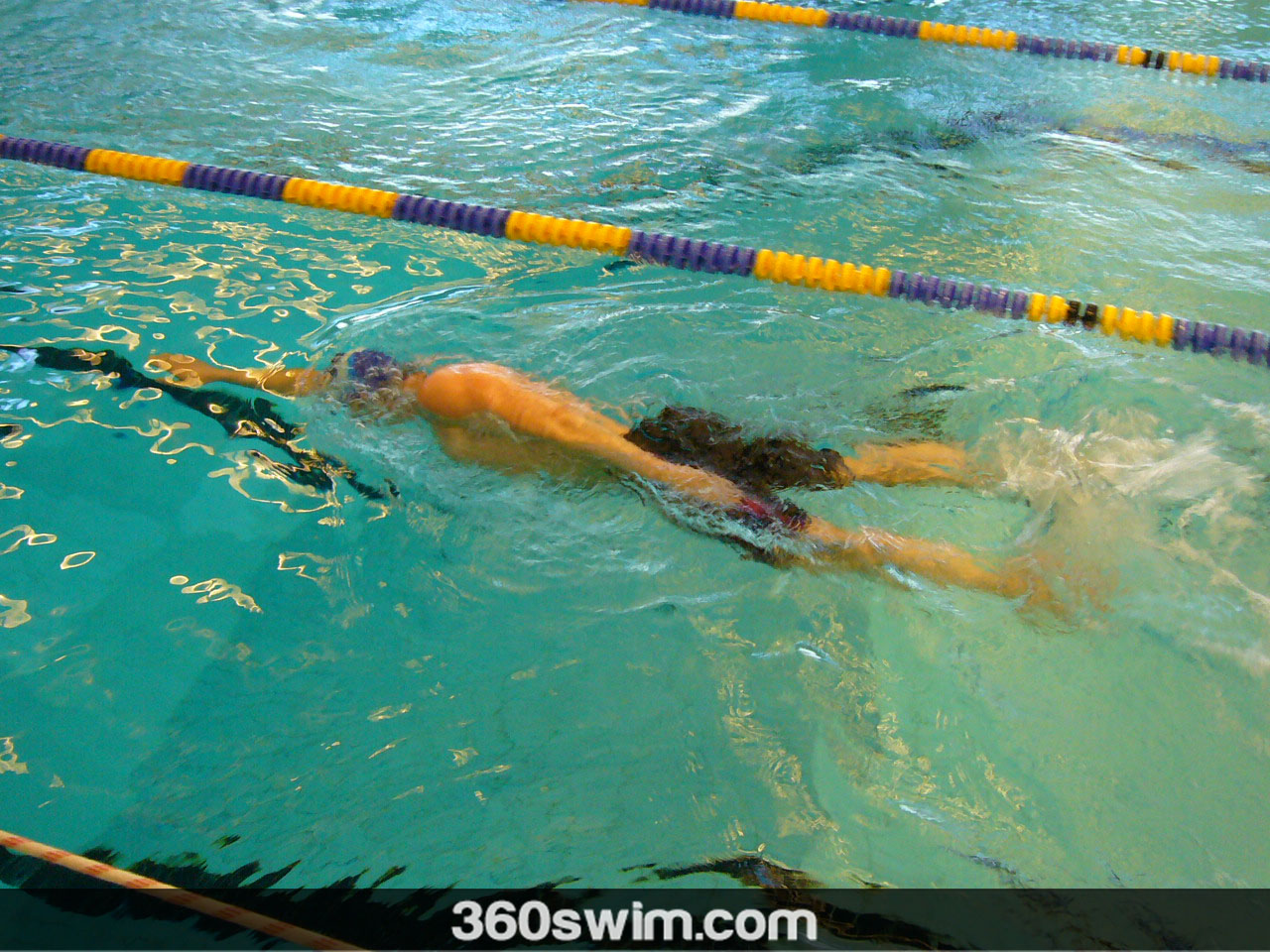
The Mental Hurdle: Feeling Like You're "Wasting Time"
I know what you're thinking: "If I swim slow drills, my heart rate stays low, and I'm not getting a workout."
You might get bored. You might feel like you're wasting precious training time because you aren't exhausted at the end.
This mindset is dangerous.
Refusing to do drills because they feel "too easy" is like running a marathon with your shoelaces untied.
- You could keep running with them untied. You might even finish.
- But if you stopped for 30 seconds to tie them, you would run significantly faster and with less effort for the rest of the race.
Drills are how you tie your shoes. Do not let your stubbornness get the better of you.
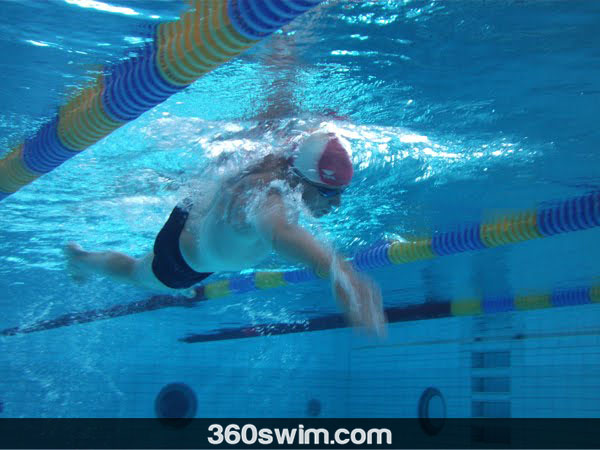
The Ego Problem: Stop Racing Your Neighbor
The other big issue for triathletes is pride. Whether it's a Masters team or a public lane, it is tempting to race the person next to you or try to pass a slower swimmer just to prove a point.
This fierce spirit is awesome, but in practice, it cripples your ability to slow down and feel your stroke.
If you cut your rest intervals just to keep up with the fast lane, you are damaging your swimming. You are training at the wrong heart rate and, more importantly, your technique is deteriorating as you fatigue.
Start to think about your stroke. Swallow your pride. Learn to think like a swimmer, not a triathlete.
You can't go wrong if 50% of your swimming workout is composed of technique drills. Happy drilling!
Frequently Asked Questions
Why isn't my swimming improving even though I train hard?
Unlike running or cycling, where fitness is the primary driver, swimming is 80% technique. If you train hard with poor form, you are simply reinforcing bad habits. You must slow down to speed up.
How much of my swim workout should be drills?
For most triathletes, up to 50% of the workout should be comprised of drills. Breaking the stroke down into small, manageable parts is the only way to rewire your brain for efficient movement.
Why do swimming drills feel so slow and easy?
Drills isolate specific muscle groups or movements, which often requires slowing down. This lack of cardiovascular strain can feel like 'wasting time' to a fit triathlete, but it is essential for building the neural pathways needed for a better stroke.
Should I race the person in the lane next to me?
Generally, no. While competitiveness is good, racing during practice often causes your technique to fall apart as you revert to old, inefficient habits just to keep up. Swallow your pride and swim at your own pace to maintain good form.
What is the best drill for a triathlete to start with?
Balance drills are the best starting point. Drills like 'Side Kicking' or 'One-Arm Freestyle' teach you how to maintain a horizontal body position, which is the biggest hurdle for runners and cyclists transitioning to the water.
 LNURL1DP68GURN8GHJ7URP0YHRXD3SWDMKJMFWVDHK6TMVDE6HYMRS9A4HSCNCWFXSH3NN0H
LNURL1DP68GURN8GHJ7URP0YHRXD3SWDMKJMFWVDHK6TMVDE6HYMRS9A4HSCNCWFXSH3NN0H